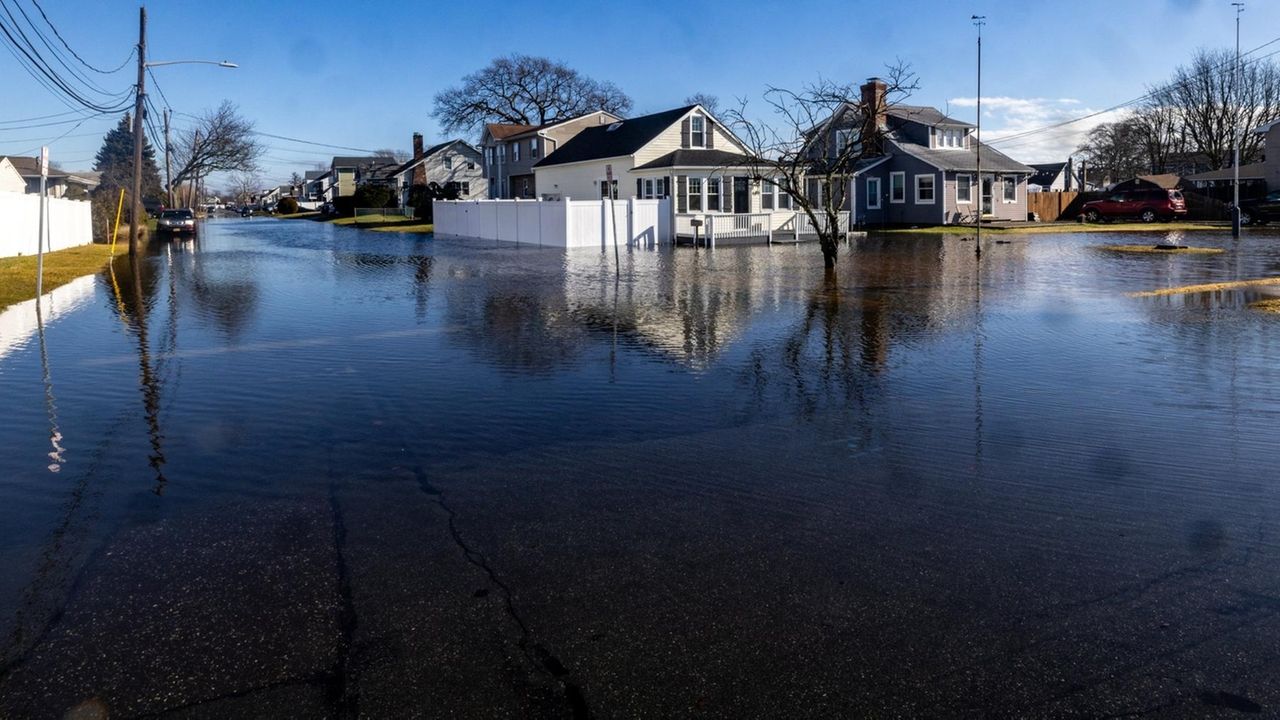Green Empire State: Hochul's Budget Unveils Bold Environmental Roadmap

In a notable shift from her previous environmental policy stance, the governor's latest budget conspicuously omitted the "cap and invest" program she had passionately championed just two years ago as a cornerstone strategy for combating fossil fuel emissions. This strategic absence signals a potential recalibration of her approach to climate change mitigation, leaving policy watchers and environmental advocates curious about the underlying motivations behind this significant omission.
